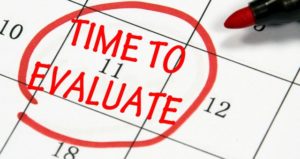
Student Group Research Projects
It’s a favorite assignment in upper-division major courses—have students collaborate on a research project. The rationale is straightforward. Students learn how to do research by doing it. Of course it depends, but in most fields, students new to research find it a daunting process that









